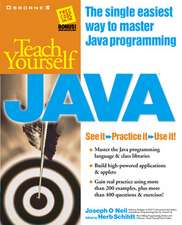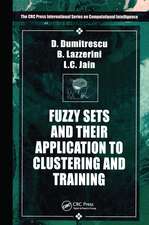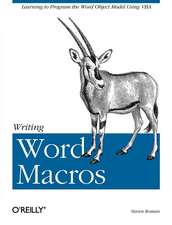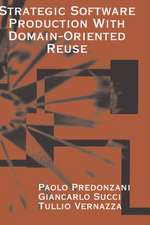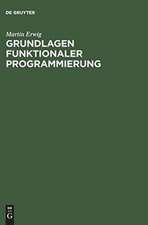Adaptive Immune-Inspired Text Classification
Autor Abi Haidar Alaaen Limba Engleză Paperback – 6 mar 2013
Preț: 385.68 lei
Preț vechi: 482.10 lei
-20% Nou
Puncte Express: 579
Preț estimativ în valută:
73.81€ • 76.77$ • 60.93£
73.81€ • 76.77$ • 60.93£
Carte tipărită la comandă
Livrare economică 14-28 aprilie
Preluare comenzi: 021 569.72.76
Specificații
ISBN-13: 9783659360688
ISBN-10: 3659360686
Pagini: 180
Dimensiuni: 152 x 229 x 11 mm
Greutate: 0.27 kg
Editura: LAP Lambert Academic Publishing AG & Co. KG
Colecția LAP Lambert Academic Publishing
ISBN-10: 3659360686
Pagini: 180
Dimensiuni: 152 x 229 x 11 mm
Greutate: 0.27 kg
Editura: LAP Lambert Academic Publishing AG & Co. KG
Colecția LAP Lambert Academic Publishing
Notă biografică
Alaa is a postodoctoral fellow at the university of Pierre et Marie Curie (LIP6/CNRS) in Paris. He obtained his PhD at the school of Informatics and computing at Indiana University. His research focuses on information extraction and visualization, bio-inspired computing, and agent-based modeling of T-cell dynamics and other complex systems.



